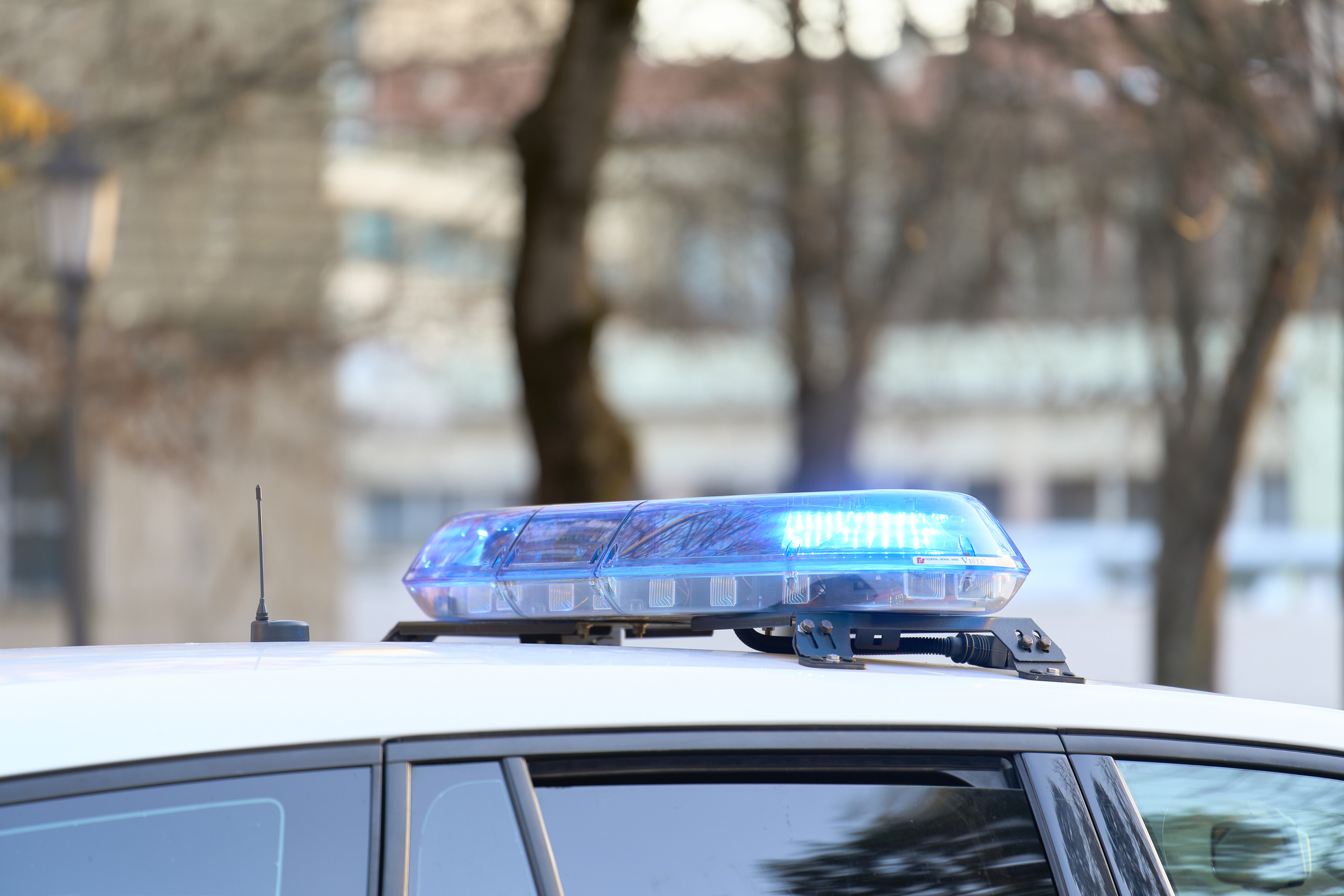Mayor Lori Lightfoot and Chicago officials announced on Tuesday new rules for third-party food delivery apps, requiring them to disclose to customers an itemized cost breakdown of each transaction.
The new rules come as criticism mounts over the percentage of profits that third-party services take as commission, during a time in which Illinois restaurants are relying almost entirely on delivery and takeout orders due to the statewide stay-at-home order over the coronavirus pandemic.
Beginning May 22, third-party delivery companies will be required to disclose to customers an itemized breakdown of each transaction including: the menu price of the food, any sales or other tax, delivery charge and tip, as well as any commission or service fee paid by the restaurant to the third-party delivery company, Lightfoot said in a statement.
The cost information must be disclosed both before a customer places an order, as well as via receipt after the purchase. This requirement will apply to all websites, phone apps and other internet services that offer the sale of food or beverages by a dining establishment.
Violations of these rules - which will be permanent - can result in a daily fine ranging from $500 to $10,000.
Lightfoot identified the rules as the first of their kind in the country, in an effort to "increase transparency and fair competition."
"Amid the COVID-19 crisis, our restaurants are relying on third-party delivery services more than ever so that they can keep their doors open and stay afloat," Lightfoot said in a statement. “By providing customers with more transparency when they use these delivery services, we can further ensure not only fair business practices for our restaurants but also maintain the innovation that is essential to this industry."
Local
Criticism has grown of third-party delivery services in recent weeks as some establishments say apps like GrubHub have cut into their profits significantly enough to make using the services hardly worth the cost.
Chicago Pizza Boss food truck owner Giuseppe Badalamenti posted a Grubhub invoice on Facebook last month to show just how much it costs restaurants to use third-party apps.
Badalamenti's invoice showed that from 46 GrubHub orders totaling $1,042.63, he received $376.54 after commission and fees were taken out.
"Stop believing you are supporting your community by ordering from a 3rd party delivery company," Badalamenti wrote. "Out of almost $1,100 of orders. Your Restaurant you are trying to support receives not even $400. It is almost enough to pay for the food."
A spokesman for GrubHub said in a statement that the company's revenue on that invoice was less than 20% and that "restaurant owners select the services they want and only pay a commission to Grubhub when we help generate sales."
“We support policy and legislation that help restaurants serve their communities, and a path to reopening those businesses must be the focus,” a Grubhub spokesperson said in a statement. “These arbitrary disclosure rules will do exactly the opposite of their intent by causing confusion to consumers. These efforts by policymakers risk discouraging people from enjoying restaurant meals safely at home, and hurt our efforts to support restaurants.”
But Badalamenti said the issue with the third-party apps has been around before the coronavirus forced all restaurants to switch to takeout and delivery orders only.
"For the past two or three years pre-pandemic... everybody’s been rumbling that we need to get rid of third-party apps because it is eating away at profit margins," he said.
Before the pandemic, restaurant groups say third-party delivery apps made up less than 10% of restaurant's business - but that's since changed as establishments are not allowed to provide dine-in service during the pandemic.
"Now maybe it is 20% of their sales but they have to watch every penny just so they can try to make payroll," said Sam Toia, president of the Illinois Restaurant Association.
"Diners deserve to know exactly how much of their money is going to a third-party delivery service when they use those platforms to order from their favorite local restaurants," Toia said in a statement Tuesday on the new rules.
DoorDash slammed the new rules in a statement Tuesday, calling them "unnecessary and overreaching regulation" and noting that it cut commissions on orders during the pandemic.
"We feel a responsibility to help our communities during this crisis, which is why, over a month ago, we cut commissions for more than 2,000 Chicago restaurants in half through May as part of $100 million in commission relief and marketing support we're providing," DoorDash spokesman David London said in a statement.
"Unfortunately, this unnecessary and overreaching regulation, issued under the guise of the current emergency, will only lead to confusion and hurt restaurants and delivery workers," London continued. "We will remain focused on serving the restaurants, customers, and Dashers who use our platform as we explore our options and hope to find future opportunities to partner with Chicago and its restaurant community."



